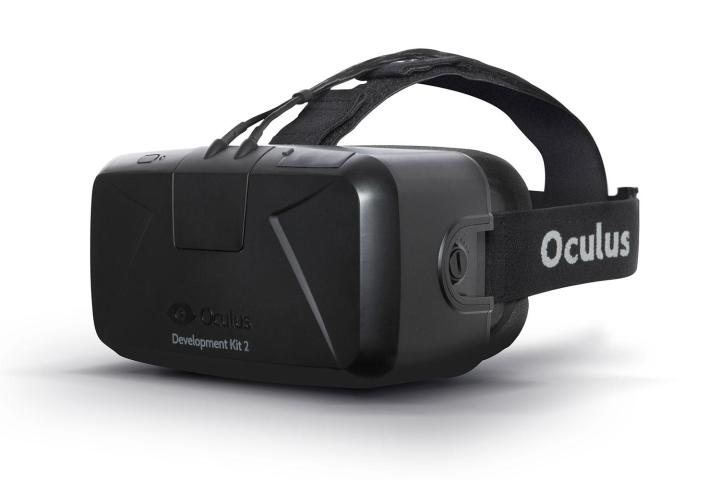
VRMark will use a combination of hardware and software to get the data. The tests are not really aimed at general users, instead Futuremark says the tools are aimed at manufacturers, analysts, and press. Of course, test data will then be announced, as they are with other benchmarks. So in the end, potential buyers will be clued into whether a VR headset’s sensors are up to snuff.
Also of note is that the tests will not just be for video games, but will also work for photos and other simulations.
The key to VR looking good and feeling comfortable to a user is a smooth and stable frame rate, and that’s the main focus of VRMark. It will test a VR system’s ability to deliver a consistently high frame rate regardless of the level of quality and type of content. Aside from the frame rate, the new VR benchmarking tools will measure frame latency and the responsiveness and accuracy of the sensors in the headset.
The team at Futuremark is opening up a test program for its new VR benchmarking tools called Benchmark Development Program. Futuremark says that “companies creating VR hardware and software, and others with an interest in VR system performance” are eligible to apply for access to the tools now, but it didn’t announce an actual release date for the final version of VRMark.
Editors' Recommendations
- Meta Quest 4: Here’s what we want from the next big VR headset
- Can the Quest 3 replace my laptop for work? I found out the hard way
- Apple’s Reality Pro headset may launch sooner than anyone expected
- Leak reveals how Apple VR headset’s hand tracking may work
- Apple’s Reality Pro headset is the VR industry’s ‘last hope’


